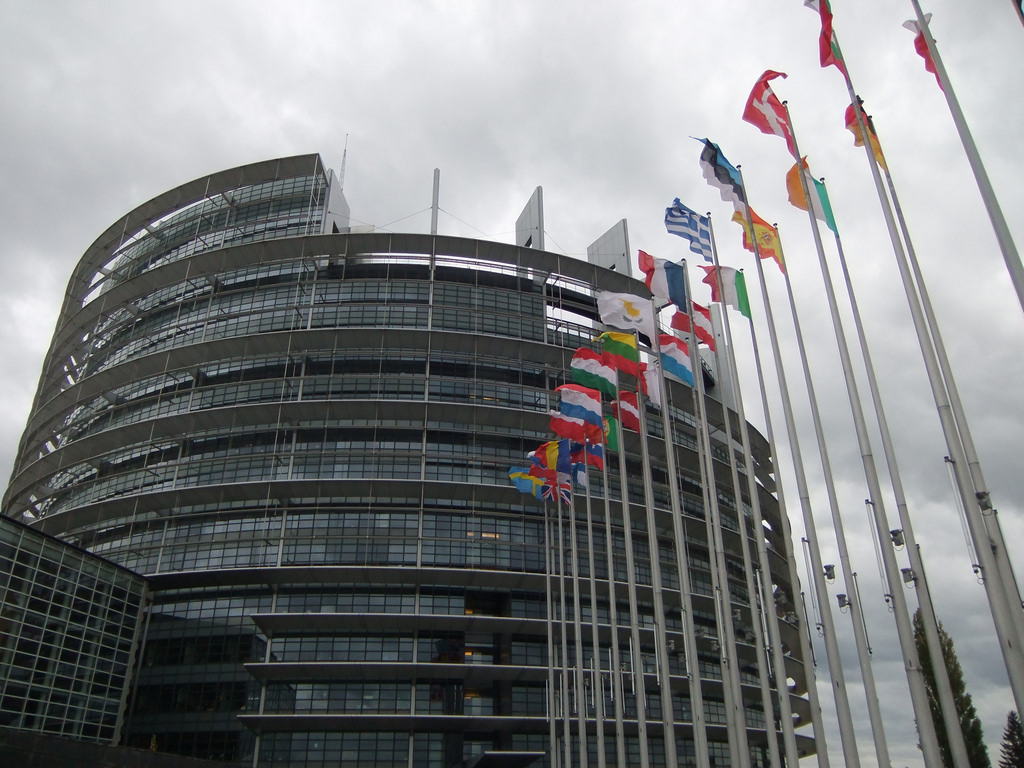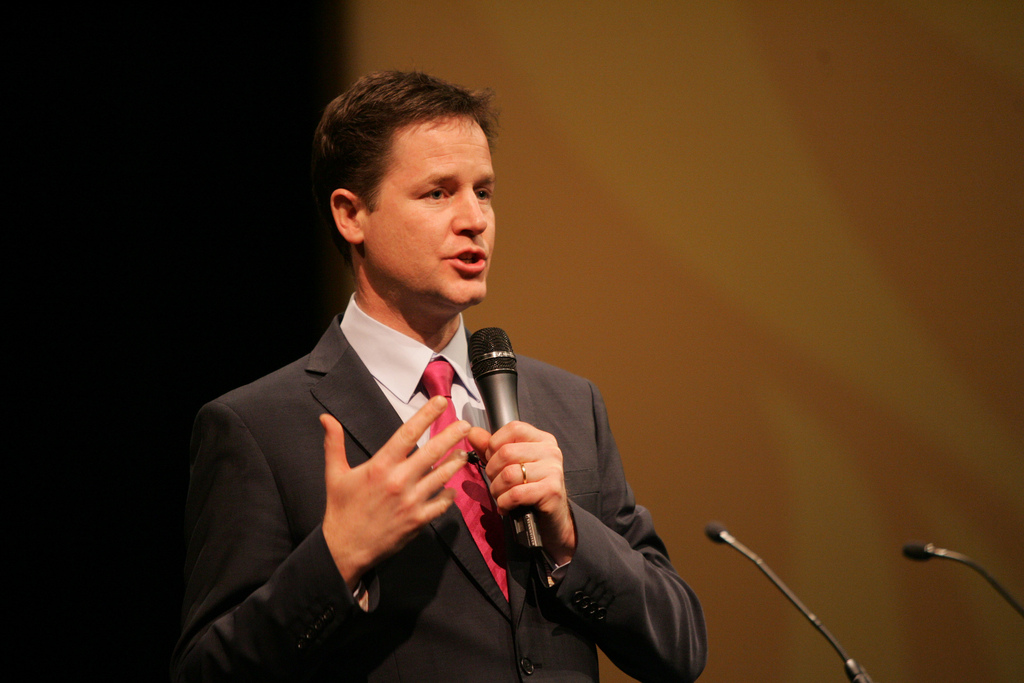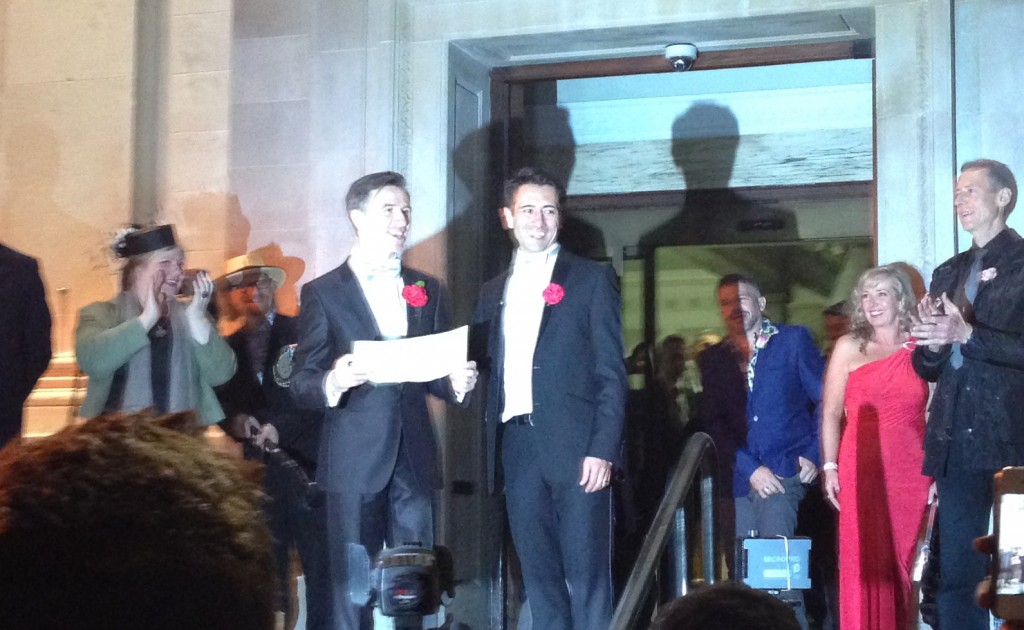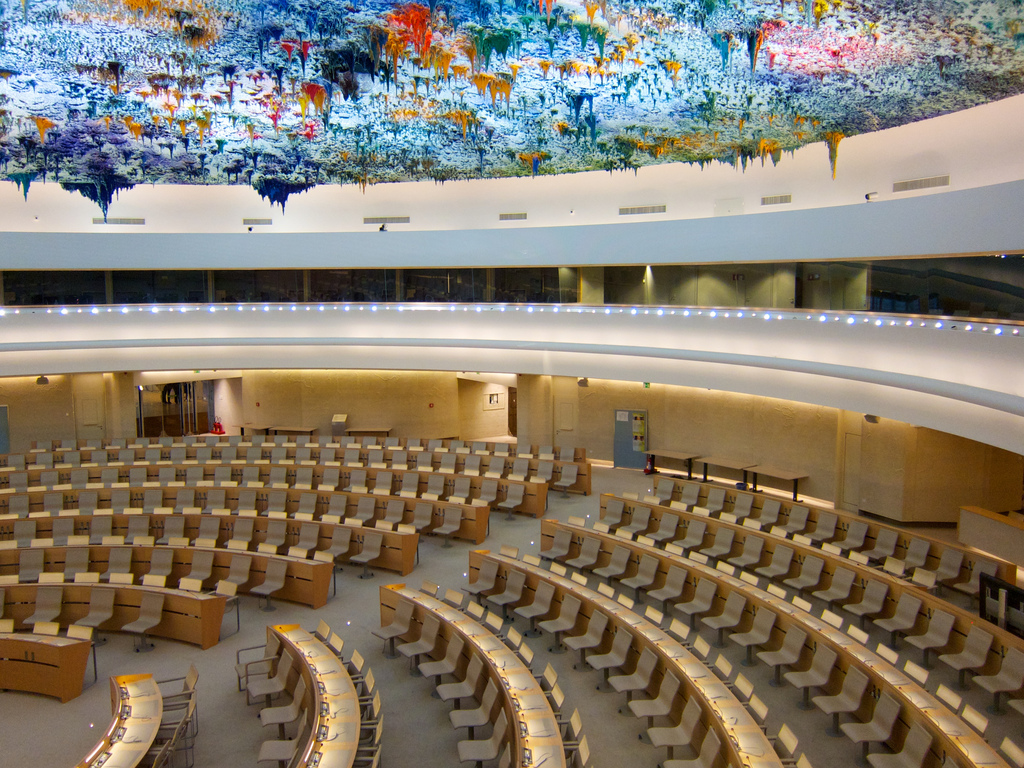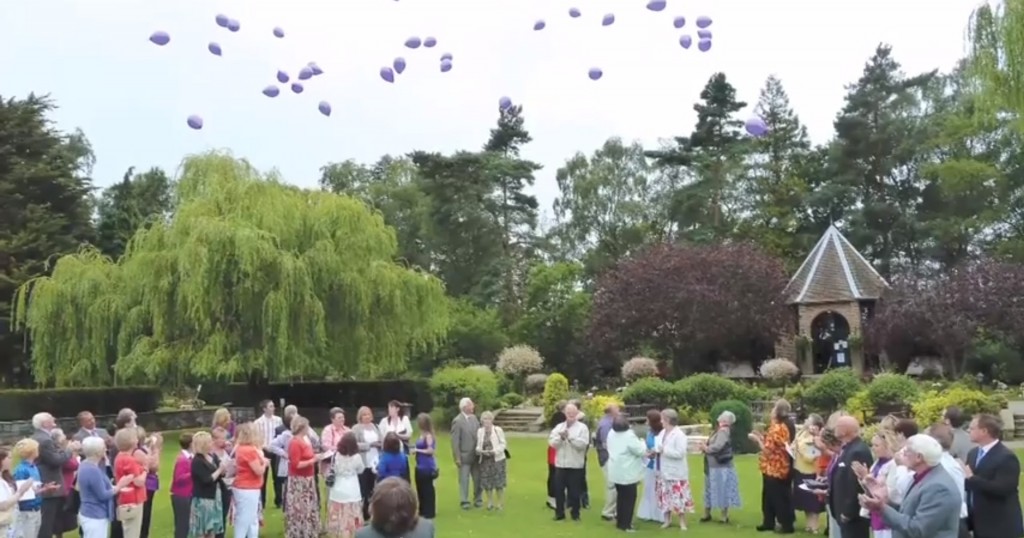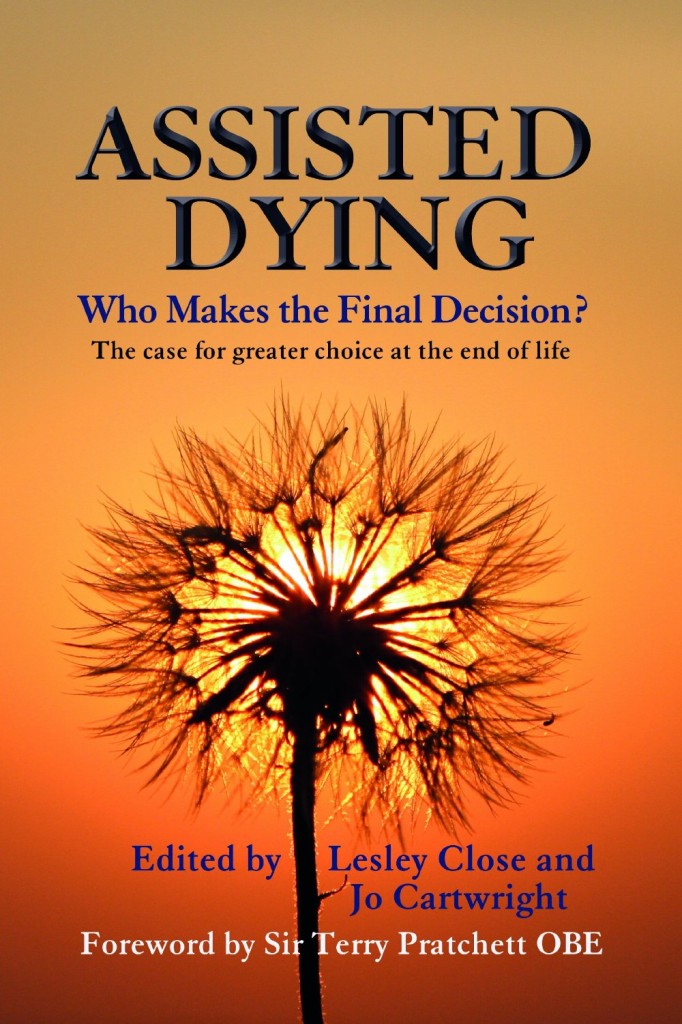The year’s Easter period has been an important time for humanists of all varieties. A national debate on the nature of secularism and religion in politics has dominated the political landscape. David Cameron’s article calling for Christians to be ‘evangelical’ in their faith, and describing the UK as a ‘Christian country’ began a conversation that was escalated exponentially by the BHA-organised open letter to the Telegraph. Signed by 55 writers, scientists, broadcasters and academics, the letter challenged the Prime Ministers assertion, and expressed some concern at the exclusionary consequences of such a statement. The debate has a variety of offshoots, has featured a range of senior figures from both politics and religion, and is far from over yet. These voices of course come from a wide array of sources, and represent a multitude of different opinions, experiences and worldviews. That said, when taken as a whole, these voices unite to underpin one vitally important point: the role of religion in politics is fundamentally contested.
Given this national platform, humanists, atheists, and freethinkers from all walks of life have come forward and contributed powerful messages to this debate, seizing the opportunity to argue for what they believe in. This has been a fantastic response proving an inspiration to many who share humanist values without explicit knowledge of the BHA. It has also illustrated the importance of religion and politics on a national scale, as well as the symbiotic relationship between the two. We must combine this enthusiasm and quality of voice with a proper desire, passion and commitment to fight for these values at all available opportunities; and it is crucial that we do not limit this argument to national boundaries. This is an argument to be exercised internationally. Across the globe, atheists are being persecuted and discriminated against in huge numbers. Freedom of thought, religion, and belief is an inalienable human right, and one that many take for granted in a pluralist society.
One platform in which these issues really matter is on the European stage. The need for a strong humanist stance in Europe is paramount. Trends of radical populism and reactionary conservatism are rising in many member states. The financial crises’ impact has had a huge role exacerbating these illiberal social tensions. The rise of homophobia, xenophobia, and political violence threatens to undermine the values of Humanism in Europe. European politics is also home to powerful religious lobbies, working to advance their cause in great numbers. We need a coherent, active humanist voice in Europe to challenge this rising tide.
The power of the religious lobby in Europe was brought into sharp focus at the end of last year. A report calling for universal access to sexual and reproductive health services, and decent Sex and Relationships Education (SRE) for all young people, was blocked in the European parliament. The Estrela Report (named after its author, Portuguese MEP Edite Estrela) covered issues such as: access to safe and legal abortion services, education on negative LGBTI stereotypes, and teaching on the prevention and treatment of sexually transmitted infections – among other important measures. In the build up to the 10 December vote, MEPs received up to 80,000 communications from minority religious groups to vote against the measure, some including threats. The bill was eventually defeated by 7 votes in the European parliament; a defeat the fell on Human Rights day, adding insult to injury.
Another example of the organisation of the religious right is the ‘One of Us’ campaign. This is a European Citizen’s Initiative movement which intends to prohibit any actions that involve the destruction of human embryos. This would not only have a momentous impact on women’s rights and the power over their own bodies, it would have devastating consequences for women’s health. If this campaign succeeds, some estimates suggest that up to 800 women would die a day, as the European Commission would cut all funding for organisations which provide abortions or abortion-related services. In addition to these grave consequences, it would also scrap funding for all research on human embryonic stem cells. There needs to be a concerted campaign to oppose this well-funded, highly active religious lobby. A direct way that humanists can challenge these lobbies is through the election of politicians with humanist values.
These are just two examples of the challenges facing the humanist cause in Europe today, but they serves to illustrate the need for a united humanist response to the excessive religious influence undermining the European democratic process. These pockets of intolerance are intent on holding back the advances in human rights and personal freedoms that have been hard fought for in Europe in recent decades, and humanists must remain organised and active to oppose them. It is only a European wide opposition in defence of secular and humanist values that can counter these lobbies, and showing candidates for the upcoming elections the importance of this movement to constituents will serve to contribute to this aim.
We must not let the passion and enthusiasm evidenced this week be lost on the broader debate. We must not insulate our humanist views into a theological or a cultural sphere – this week has proved that the views we share are deeply political opinions, with deeply political consequences. The religious lobbies functioning against secularist values are as well funded as they are vocal. There is a danger of complacency among secularists to think that the important battles have been won. It is now more than ever those secularists must speak with the loudest voice, of reason, rationale and human rights.
The last few years have shown that some freedoms we take for granted are far from sacrosanct. Use the passion, energy and momentum from the debate on ‘Christian Britain’, and bring it to bear on the European stage. It is for this reason that we have set up a hustings specifically related to humanism; for the opportunity to here European election candidates debate these issues. The European elections are on 22 May and our humanist hustings on 6 May represent the best opportunity for humanists to have their views listened to by MEP candidates from six major parties.
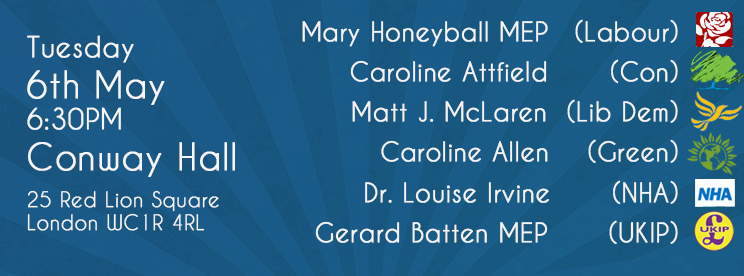
The event details and a link to register your attendance can be found here: www.humanism.org.uk/humanisthustings.
Thomas Smith is a recent graduate working in policy and public affairs. He is currently a volunteer for the British Humanist Association, UCATT, and the Labour Party.
